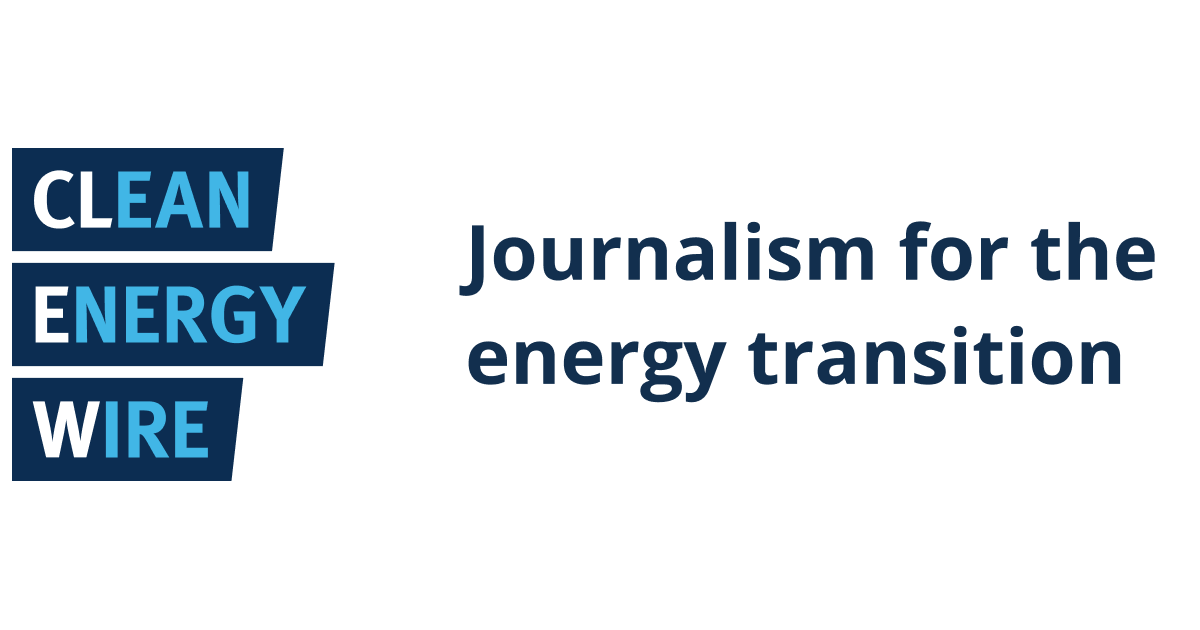Germany's New Coalition Government Sets Course for Climate and Investment Boost
Key Ideas
- Germany's new coalition government prioritizes unlocking funds for infrastructure and climate with speedier permitting for hydrogen and wind power.
- Finance minister Lars Klingbeil highlights the importance of making Germany an attractive investment destination.
- The government's immediate action program focuses on tax incentives for e-mobility and reforms to accelerate climate goals.
- Energy industry association supports the government's efforts for quicker decision-making but criticizes the absence of new gas power plant construction plans.
The new German coalition government, led by Chancellor Friedrich Merz and finance minister Lars Klingbeil, has outlined key priorities in infrastructure and climate policies. These include unlocking 500 billion euros for infrastructure and climate neutrality, tax incentives for e-mobility, lowering electricity tax and grid fees, and reforming the CO2 storage law. The government aims to attract investments by speeding up permitting processes for hydrogen and wind power projects. While the coalition seems cautious in surpassing current EU climate targets, it is committed to the immediate action program that focuses on specific measures without major additional provisions. Despite the emphasis on swift decision-making, critics such as the BDEW have raised concerns about the exclusion of new gas power plant constructions in the immediate action program, which they see as vital for the coal phase-out and ensuring energy security in the country.
Topics
Investing
Infrastructure
Investment
Energy
Tax Incentives
Climate Policy
Coal Phase-out
Industry Association
Bureaucracy Reduction
Latest News
